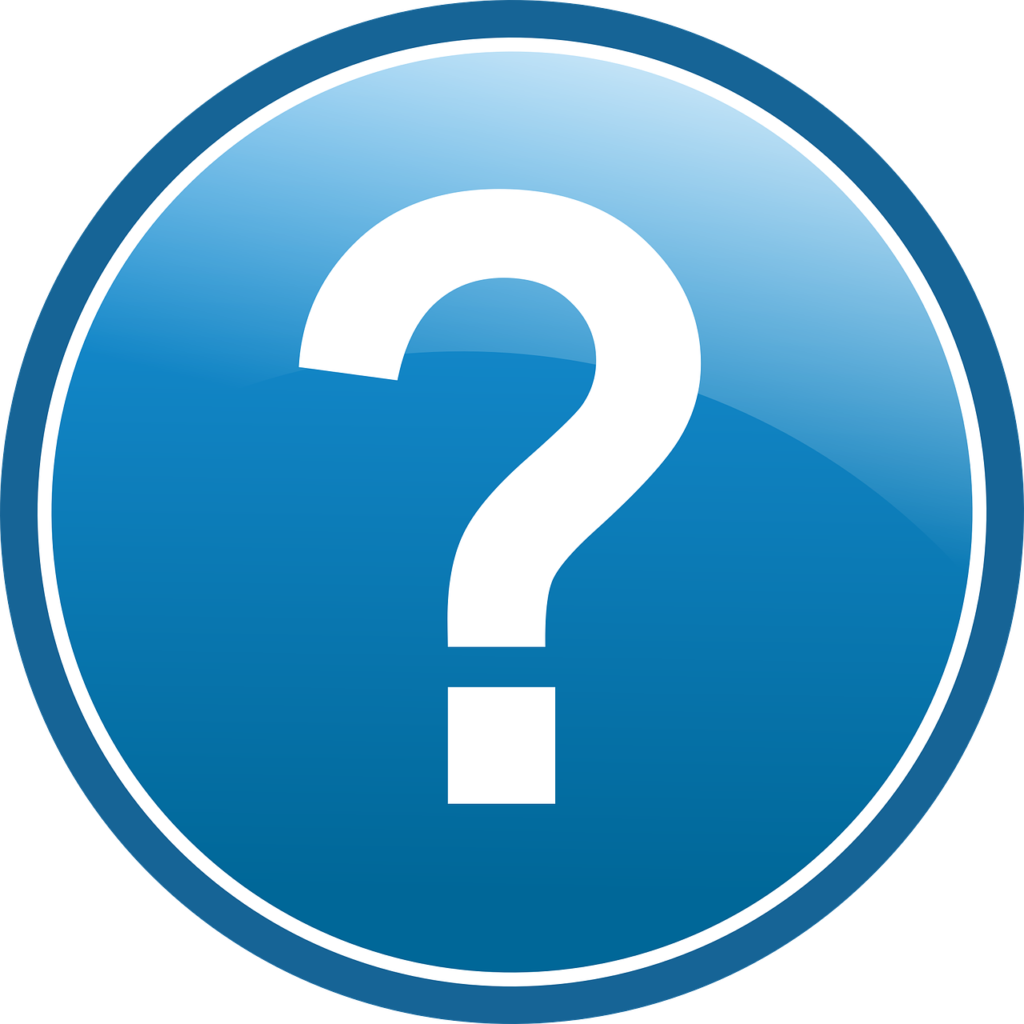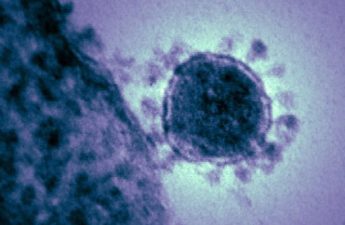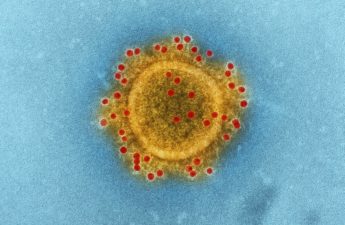Washington State Department of Health

As the Department of Health responds to the COVID-19 outbreak in Washington State, we get hundreds of questions each day.
While it’s difficult to answer each and every question we receive on social media, we have compiled some of the most frequently asked questions and their responses.
Have I been exposed?
To get COVID-19, you need to have close contact with a sick person with COVID-19.
Close contact means living in the same household with them, or taking care of them while they are sick, being actually, physically close to them for more than 10 minutes or literally being directly coughed on by someone with COVID-19.
If you have not had this kind of close contact with a sick person with COVID-19, you are considered to be at low risk for infection. If you aren’t sure what kind of contact you have had, you can call your healthcare provider and ask.
Should I get tested?
Maybe not. We know many people are wondering, if they have fever and a cough, do they need to get tested for COVID-19? The University of Washington announced they have a new lab test available that will expand our capacity.
However, we still have limited capacity to run these tests right now, and we are prioritizing the tests for people with underlying health conditions or serious illness.
Testing may become more readily available in the future, but, for now, if you have mild symptoms (cough, fever), you need to stay home, stay away from people, and maybe catch up on your Netflix shows. A test, whether it’s positive or negative, won’t change that advice!
If I got this what would I have to do?
We have guidance for what you would need to do if you got COVID-19 on our website. You would need to stay home except to get medical care and stay away from people as much as possible. Maybe you’ll try out grocery delivery services.
You would need to stay home for 7 days OR until 72 hours after your fever is gone and the symptoms get better, whichever is longer. You’ll only need a regular amount of toilet paper.
When you say “fever,” what exactly do you mean?
We mean a body temperature over 100.4 degrees F. If you have a fever, stay home and away from people.
I saw on social media that there’s a vaccine! Is that true?
Don’t believe everything you see on the internet! There is no vaccine or specific treatment for COVID-19. Anyone who tells you otherwise is trying to scam you.
I run a large event, should I cancel it?
If you are planning on holding a large event that involves people who may be at high risk of severe illness, like people over age 60 or who have chronic diseases like diabetes or asthma, and this event is not an essential part of your business, it is reasonable to consider cancelling or rescheduling this event.
If you are not running the event, but were planning to attend, and you don’t feel good, please stay home. (Thanks, Emerald City Comic Con, for rescheduling to protect our health!)
Should I wear a mask?
If you are healthy, wearing a mask around town will not help protect you from COVID-19. Masks are for people who have coughs. We give them out at doctor’s offices because that’s where people with coughs might go. Otherwise, if you have a cough and a fever, you should be home, where you do not need to wear a mask.
Should I take some masks from my health care provider?
Definitely not! Did you know we have a world-wide shortage of masks? Please reserve them for the people who need them most — people who are sick and the health care providers who spend all day in close contact with sick people!
Don’t more people die of the flu than COVID-19?
So far, yes. But washing your hands, covering your cough, and staying at home when you are sick help prevent spread of COVID-19 AND the flu. (And other coughs, colds and generic winter crud too!)
Daily update on COVID-19 case numbers
Our Department of Health COVID-19 webpage is updated daily with the number of people confirmed to have positive cases and the number of people who have died of COVID-19 in Washington state.
As of this writing, 136 people in Washington have tested positive for COVID-19, and 18 have died of the disease. We are very likely to see more people with COVID-19 identified in the coming days.
Get and spread reliable information on COVID-19
This blog update is current as of the day it is posted, but information changes rapidly. Please check our website for the most up-to-date info on Washington’s response to COVID-19 at www.doh.wa.gov/coronavirus.
Fight stigma, public panic, and misinformation by getting your information from trusted sources. Listen to guidance from the World Health Organization, the U.S. Centers for Disease Control, and your local health department.
Contact us
If you have questions or concerns about COVID-19 in Washington state, start by visiting our website. Public can contact our call center 6 a.m. to 10 p.m., seven days a week, at 1–800–525–0127.


